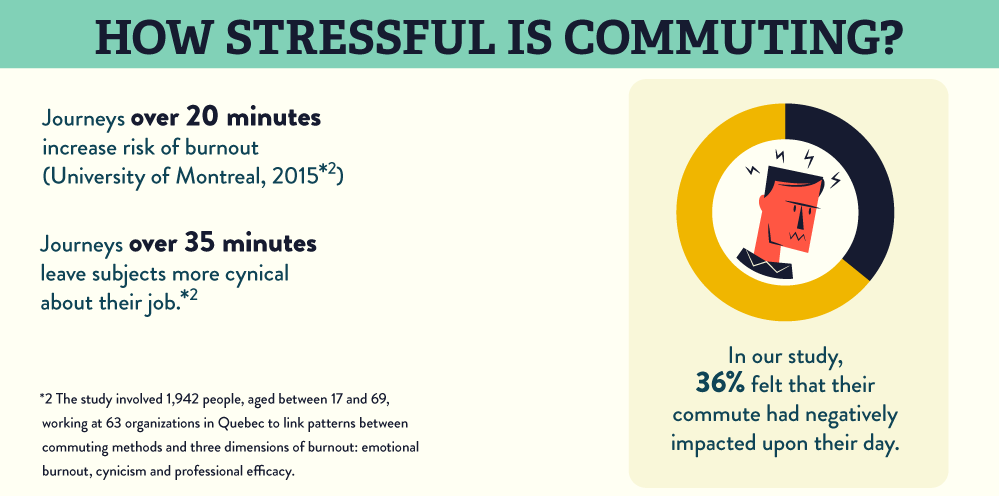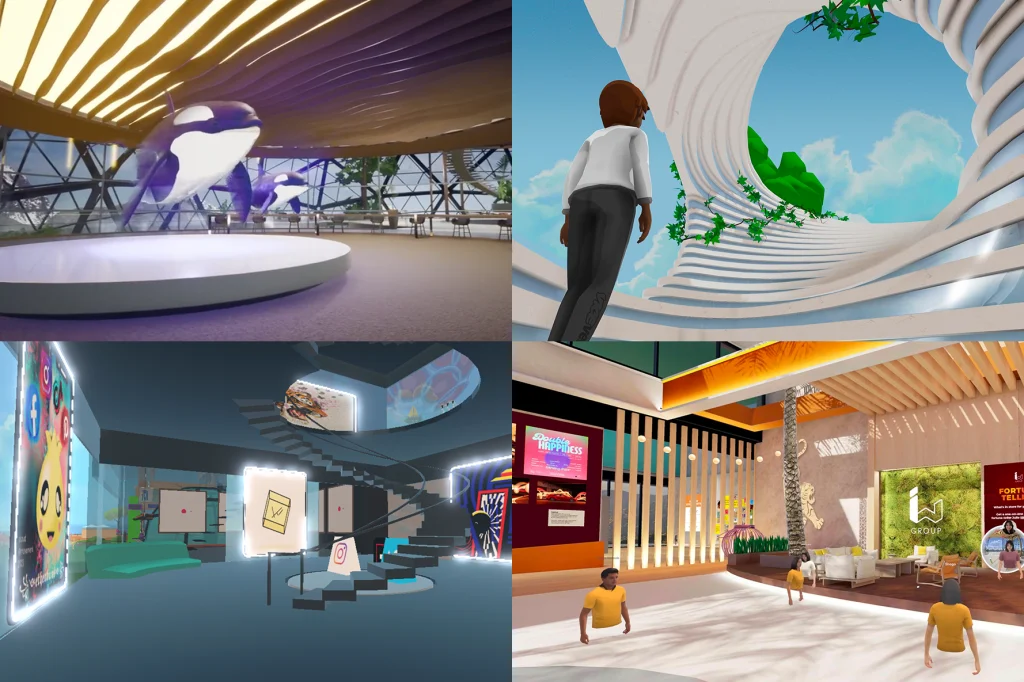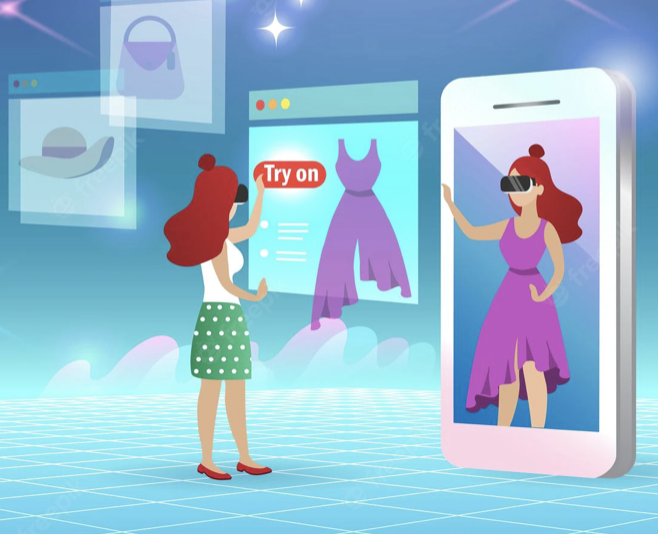There are many frustrating things about physical reality that people have fantasized about fixing from time immemorial. This is well documented in sci-fi. The ‘good future’ is inseparable from technologies like teleportation, time travel, holograms etc. The Metaverse is the first step to making these fantasies a reality.

The desire for these technologies goes beyond just wanting something shiny, or futuristic. It’s far more existential than that. From time immemorial, our technological imaginations have been centered around one theme — saving time. After all, it is the most urgently non-renewable resource any of us have.
The Metaverse is the next chapter in the quest to save human time. It pares down physical reality to the things that are desirable and useful, eliminating the hindrances in between. In the Metaverse, you have all the collaboration and interaction of an in-person office, without the commute. You have all the attractions and activities you could want to try, without the travel and logistics. The Metaverse brings together today’s world with timeless visions of Utopia.
Here are three of the ways the Metaverse is going to save your time:
No More Commutes
Several studies have shown that one of the most significant contributors to employee wellbeing and productivity is their commute. Long commutes are linked with hordes of physical and mental health issues — chronic pain, heart issues, depression etc.

A long commute is terrible in several ways. From the employee’s point of view, it is an uncompensated work-related effort and a source of immense mental and physical exhaustion. From an employer’s point of view, this manifests as demotivated, tired, and even resentful employees. Studies have shown commutes have adverse effects on entire families, with spouses and children suffering from the prolonged absence of a family member. On a city-wide level, office commutes present a huge logistical burden and traffic that can make a city unlivable. Finally, the environmental burden is reason enough to find an alternative.
With the Metaverse, getting into the office is as simple as walking to your laptop and logging in. The average commuter saves days across a lifetime through the provision of a Metaverse office. And the Metaverse, unlike other remote work solutions, doesn’t come with the loss of interaction and collaboration. Sophisticated audiovisual immersion technology means you can keep the water cooler talk without the two hour round trip.

With topics like quiet quitting, burnout etc. trending, if companies want to retain and nurture happy, productive employees, brick-and-mortar will have to be left behind. Metaverse offices are a solution for companies, employees, families, and society at large.
Shopping Made Easy
Shopping is one of those necessary evils. An inefficient and time-consuming process that is nevertheless absolutely necessary. This is for several reasons.
Location
Firstly, ‘shopping’ is spread across multiple stores, usually in multiple different locations. Even if you’re trying to buy the same thing, you may need to go to 2 or 3 stores spread across a city to get them.
When you zoom out further from one city, the problem only gets bigger. Certain stores or goods are simply not available outside of very specific places. Most importantly, lots of people don’t live in commercial centers etc. and have to suffer from either substandard products or heavy import duties.
Inefficiency
Real world shopping suffers from a time problem. There are so many stores, so many options and only a manual method of sorting. This means that finding the things you want to buy can be an almost interminable process with a disproportionately small return. Add on waiting lines for trial rooms and cashiers, and parking scarcity, and the scale of the inefficiency becomes evident.
Of course, online shopping did solve some of these problems but it suffered from its own:
Carbon Emissions
Without the ability to try out products, especially clothes, returns and unused items skyrocket. Either people end up buying and keeping things they can’t use because of stringent policies, or they return them. The process of transporting and processing returns is an incredibly energy consuming one. It is part of the reason that the fashion industry ranks in the top 5 fossil fuel emitters in the world. Furthermore, even once returns reach, many of them will have to be discarded for quality control reasons.

The Solution: Metaverse Shopping
Although much of the talk about Metaverse shopping has been about thousand dollar virtual clothing, there is a much more practical side to things. Brands from high fashion to high street — Nike, Gucci, Levi’s etc. — are opening Metaverse store fronts. Here, you can see sophisticated virtual scans of real-world clothing which you can then purchase and have delivered. It’s online shopping elevated to the next level.

AR technology means that Metaverse storefronts are developing ‘virtual try-on’ technologies that render clothing etc. onto your real body, from the comfort of your living room. You can check out the fit, color etc. to make informed, efficient buying decisions. The integration of AI will further cut down on time wasted sifting through undesirable options. Looking for something even more futuristic? Advances in haptic technology mean you could soon run your hands through a Metaverse clothing rack and feel the fabric for yourself.
No More Business Trips
While nothing will quite replace the sensory experience of traveling for pleasure, there’s an ugly side to it. The Metaverse means the end of business trips, of professionals having to travel across time zones to lend their expertises to projects, and of wasted carbon emissions.
Guest lecturers, consultants, etc. can easily collaborate with people in different places through the Metaverse’s hardware+software solutions. From hands-on technical work to intensive group projects, the Metaverse has an answer for it all.
Furthermore, realistic graphic renderings of cities etc. will mean researchers, writers, and hobby travelers have a cheaper, more environmentally conscious way to experience the world outside their home. This is better for the environment, and everyone’s wallets.
It doesn’t mean the end of real-world travel or in-person vacations. In fact, it’s the opposite. It’s the utopian dream of only traveling for pleasure, out of choice.
The online world of Web2.0 tried to solve many of the physical world’s inefficiencies and time-sinks. However, a lack of physicality and integration made its attempts unable to replace the slow processes they tried to fix. The Metaverse is the final word on the matter. Universally disliked inconveniences like commutes, 6 hour long shopping trips and soul-sucking business travel are finally on their way out — forever.

